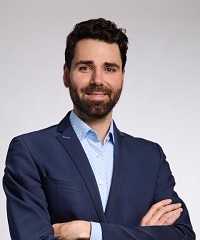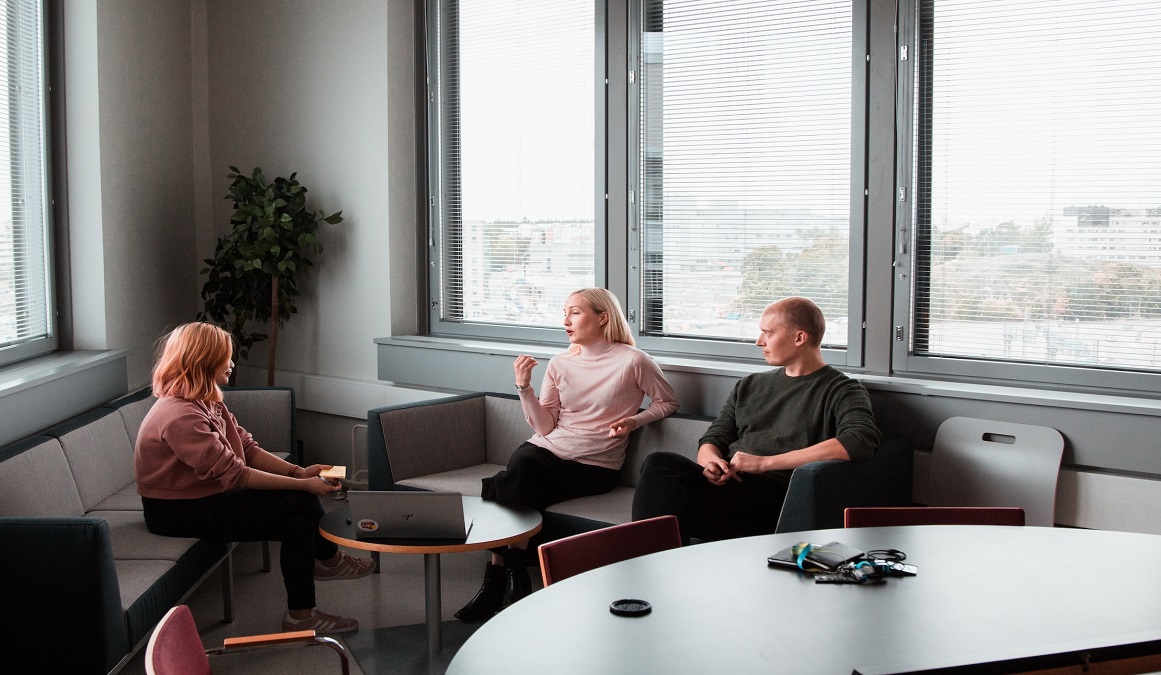Understanding Power Structures in Companies: How Freelancers Proceed
In freelancing, understanding power structures in companies is crucial for success. In our interview with consultant Nick Lawitzke, you'll learn how different parties use power and how freelancers can quickly identify the key players. Nick shares his strategies for focussing communication and operating effectively in challenging corporate environments.
Power in the Company: Tool or Obstacle for Freelancers?
exali: Power structures...that sounds more like intrigue and pressure than a positive working environment for freelancers and consultants. Is power a good thing or a bad thing?
Nick Lawitzke:
Power is neither good nor bad. It is simply a part of every social structure, including the corporate and organisational context. The decisive factor is how it is utilised and applied. For me as an external consultant, understanding power structures means: who shapes, who decides and how do changes develop? This doesn't help me to ‘play along’, but to be effective - for example, to get the right stakeholders on board or to realistically plan change processes. Making power transparent can even contribute to a healthier working environment - precisely because you then know exactly what is going on.
exali: Why should I, as an outsider, even bother to see through the power structures of an organisation?
Nick Lawitzke:
As a non-employee, I have little time to build trust or get lost in lengthy internal consultations - so it is all the more important to quickly understand how decisions are actually made. Who has formal power, who has informal power? Who is the thought leader, who is blocking? If I know this, I can target my communication and my proposals more precisely. This not only increases my effectiveness, but also saves customers time and money.
Power Play: How Freelancers Decipher the Distribution of Power in the Company
exali: As a freelancer, how do I see through the distribution of power in an organisation?
Nick Lawitzke:
I pay attention to many small clues: Who talks a lot in meetings - and who is listened to? Who is put on CC in emails? Who has access to certain information? Even conversations during breaks or body language often say a lot. It's important to actively listen, ask questions and recognise patterns - for example when it comes to decisions, escalations or alliances. And I try to talk to people at all levels - not just the project client. It is also certainly helpful to get an overview of the most important stakeholders and decision-makers right at the start of a collaboration, either through internal discussions, a stakeholder analysis or the traditional organisational chart.
Hinweis
Projects must be precisely regulated in both a human and contractual way. This article will help you with this: Project Contract Checklist: The Most Important Content and Information.
Acting Strategically: How Freelancers Navigate Through Power Struggles in the Company
exali: Let's assume I now know who's in charge: How do I use this knowledge to assert myself?
Nick Lawitzke:
Knowledge about power structures helps me to communicate in a more targeted manner - for example, to prepare topics in such a way that they have an impact on the people who matter. Or tackling resistance where it actually arises. It's not about pandering, but about acting strategically with a sense of proportion. If I know who has influence, I can use my energy wisely and at the same time maintain my role as a neutral, solution-orientated partner.
exali: How do I behave if I find myself in a company where power struggles are currently taking place?
Nick Lawitzke:
Power struggles are never pleasant, but they do happen. It is important not to take sides. Instead, you should maintain your own neutrality and focus on the common cause. I try to get back to the facts, communicate transparently and act as a moderator if necessary. At the same time, I keep a close eye on how the dynamic develops. I check whether and how I can continue to be effective. If the conflict becomes too toxic, I also draw clear boundaries - because my role is to support, not to stand between the fronts.

Nick is a management consultant, leadership coach and speaker with expertise in change management, corporate culture and HR transformation. He leads KPMG’s People & Change Consulting practice in Switzerland and supports his clients in successfully managing change and overcoming resistance. With many years of experience, he knows how power games and micropolitics influence organizations - either as a catalyst, or obstacle. Nick lives in Zurich and is an enthusiastic triathlete.

Vivien Gebhardt is an online editor at exali. She creates content on topics that are of interest to self-employed people, freelancers and entrepreneurs. Her specialties are risks in e-commerce, legal topics and claims that have happened to exali insured freelancers.
She has been a freelance copywriter herself since 2021 and therefore knows from experience what the target group is concerned about.








